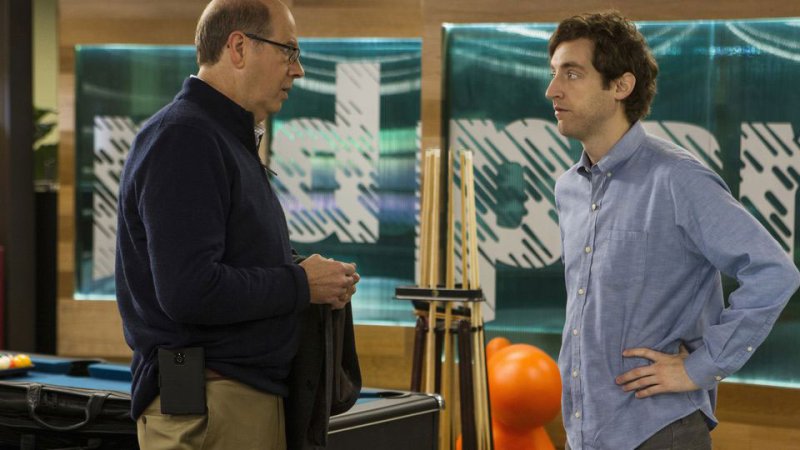

When Mike Judge, creator of Office Space and Beavis and Butt-head, set out to write his HBO comedy series, Silicon Valley, about Bay Area coders, he wanted to conceive a simple, believable widget for his characters to invent. So he teamed with Stanford electrical engineering professor Tsachy Weissman and Ph.D. student Vinith Misra; they came up with a superfast compression algorithm.
Data compression makes files—text, music, movies—smaller and more transmissible. The best algorithms are fast but don’t harm fidelity. For the show, Weissman and Misra devised a fictional algorithm that excels at just that. The writers coined a metric, the “Weissman Score,” for characters to use when comparing compression codes.
Researchers are always refining compression. Last year, for instance, UCLA unveiled a way to save images more efficiently than JPEGs do. So something like what’s in Silicon Valley, which is more than two times faster than current models, is possible. “New, effective ways of compression are out there,” says Weissman.
This article originally appeared in the May 2014 issue of Popular Science.





![Thank You, Bravo, For ‘Start-Ups: Silicon Valley’ [Review]](https://www.popsci.com/wp-content/uploads/2019/03/18/UQHCKJJ7P2456HFS4MMIQL7MDM.jpg?quality=85&w=628)

